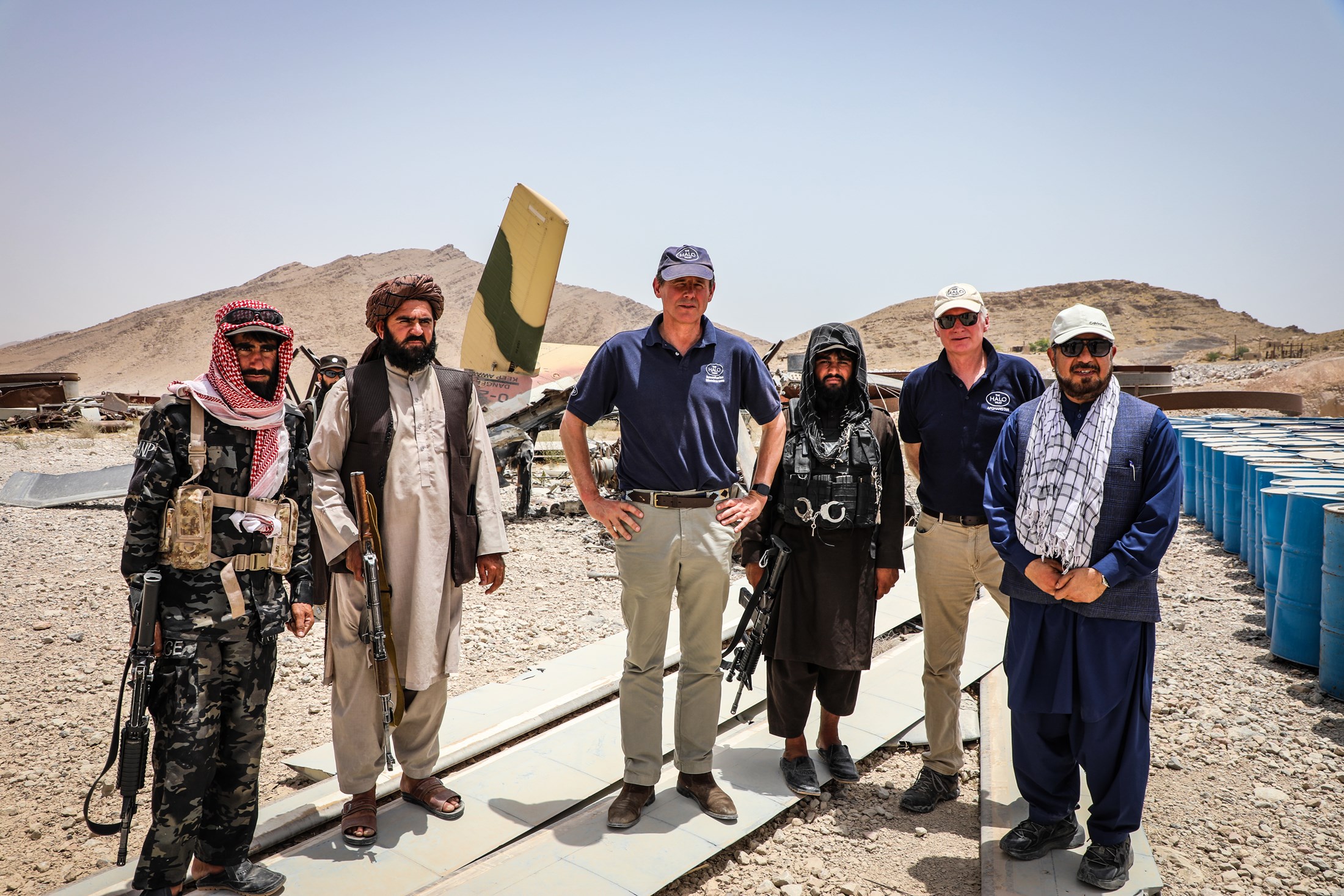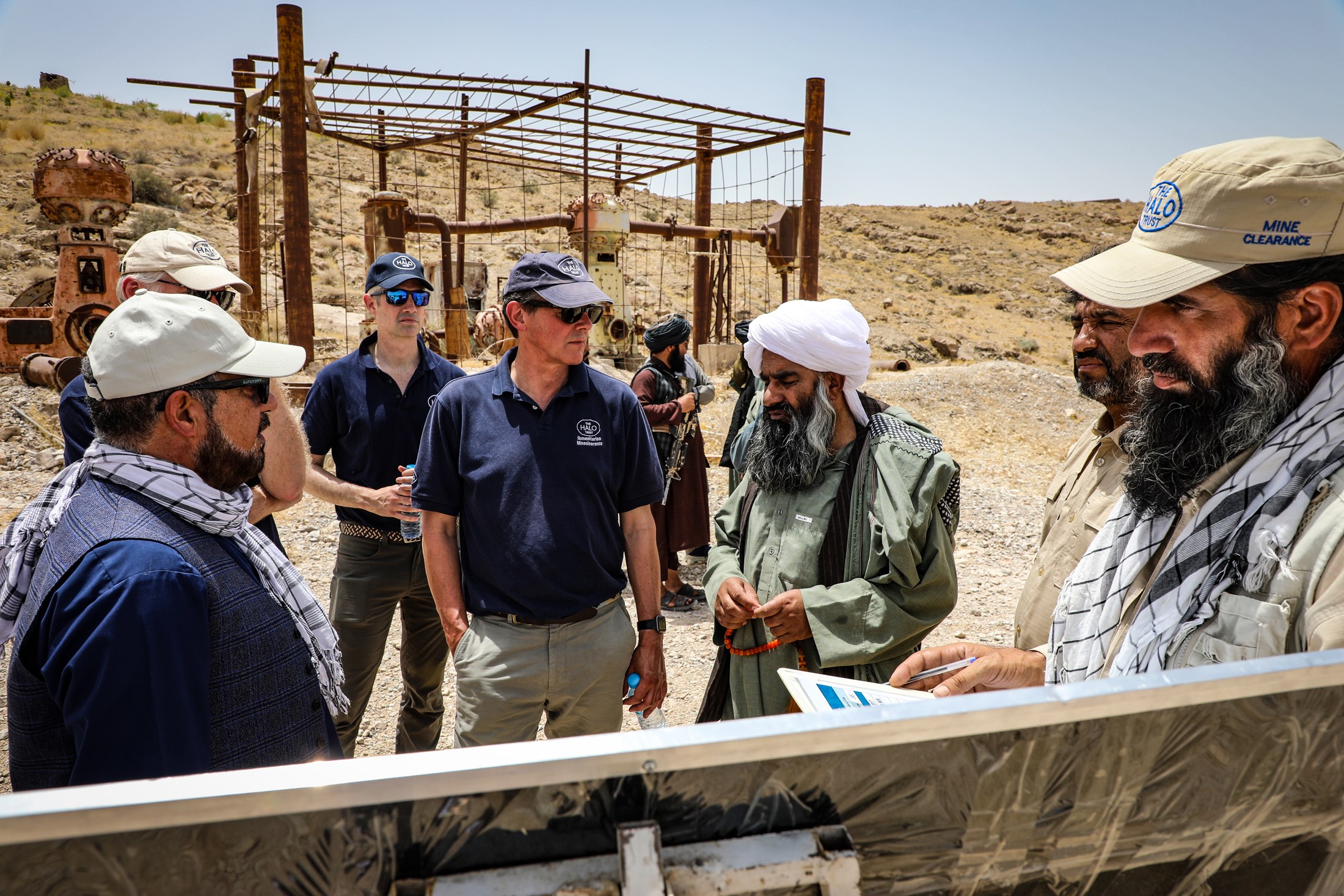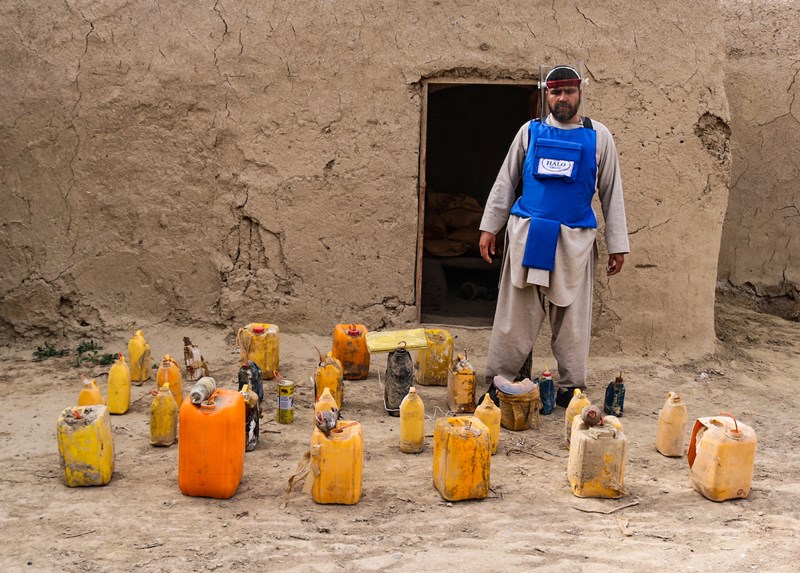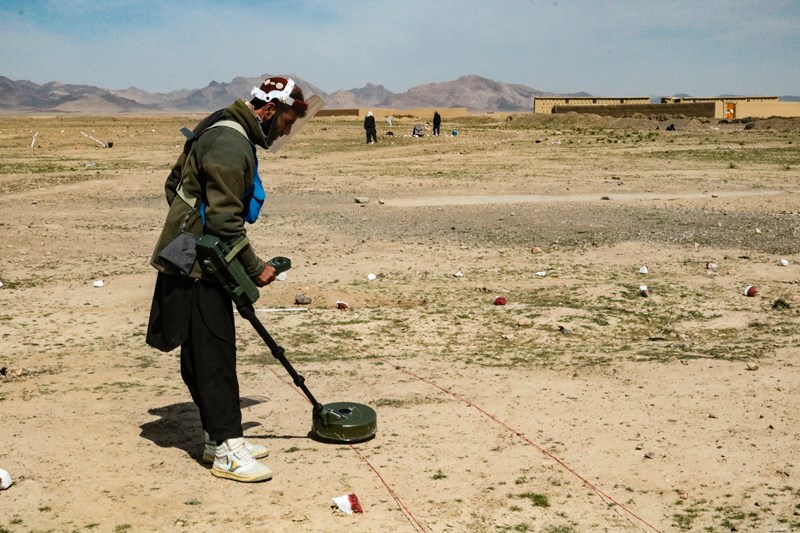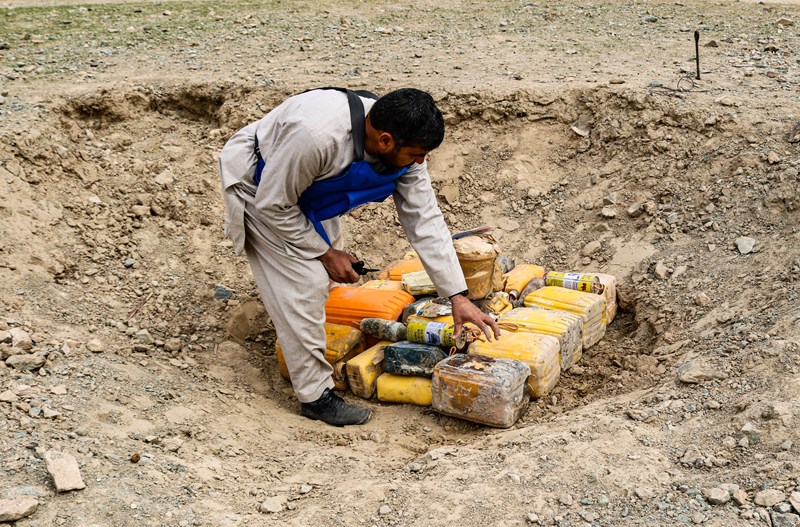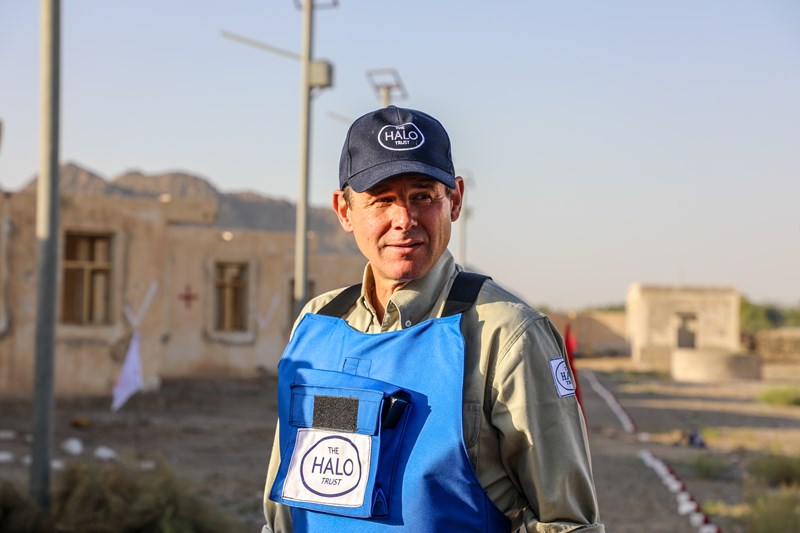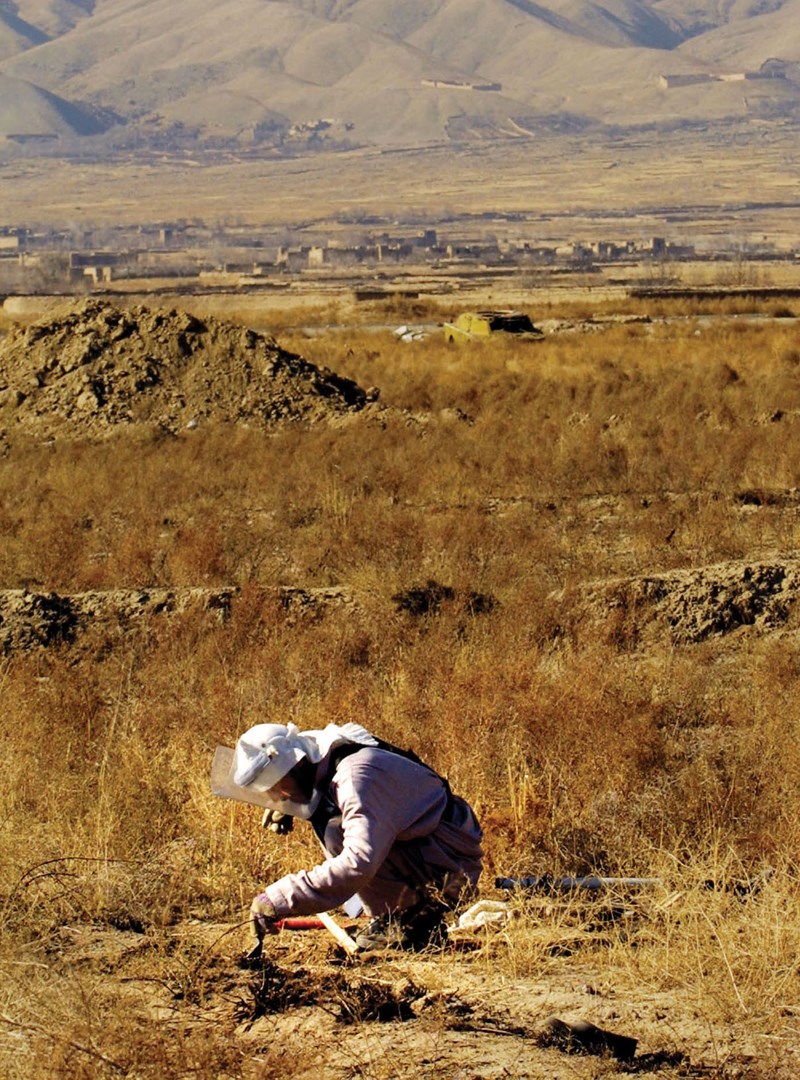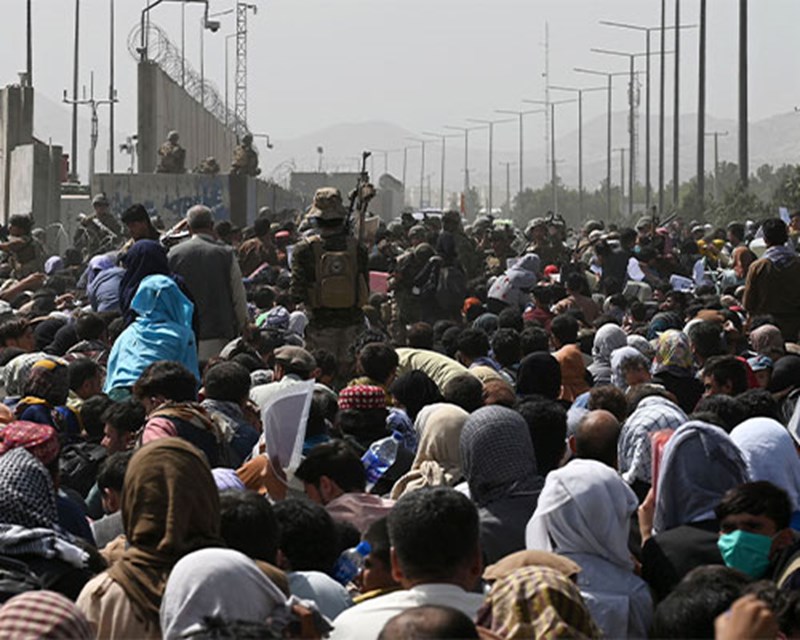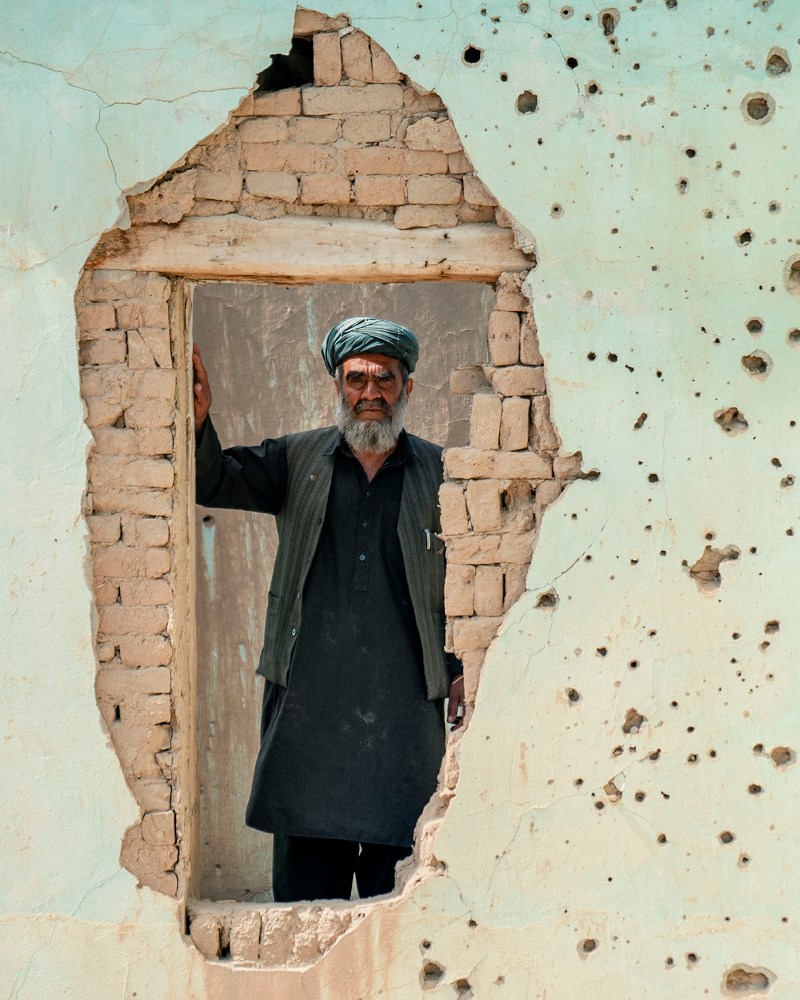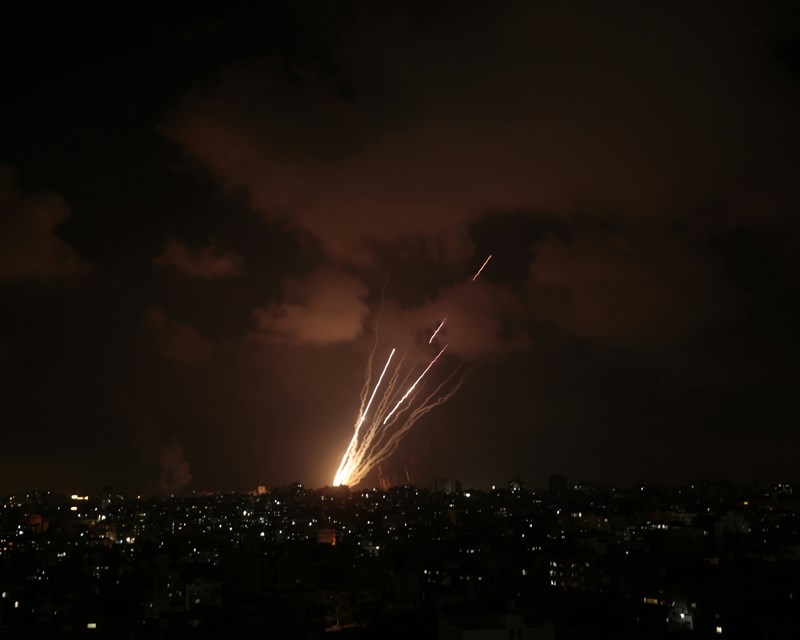Earlier this summer, I returned to Helmand—a place I know all too well. In 2009, I commanded British forces there during a period of intense violence. Sixty-four of my soldiers were killed, and several hundred more were wounded. The number of Afghan lives lost during that time is unknown, but it surely reaches into the thousands.
For many British soldiers, the Helmand campaign evokes deeply mixed emotions. We deployed to protect the Afghan people, not to kill—yet the killing was relentless. Still, I take pride in the fact that during our time there, we began to turn a corner. Casualties declined, and for a moment, peace felt within reach.
When I returned from my orginal tour to Helmand, then-Prime Minister David Cameron invited me to his first National Security Council meeting. The agenda: whether to stay in Helmand or withdraw. Some senior politicians argued for leaving. Another general and I urged caution—we believed we should hold our nerve. Cameron chose a middle path, setting 2014 as the exit date. The date was fixed, but as the Taliban quipped, “You have the watches, we have the time.”

